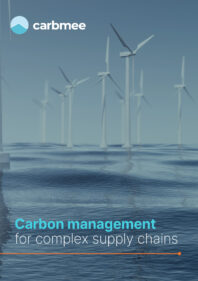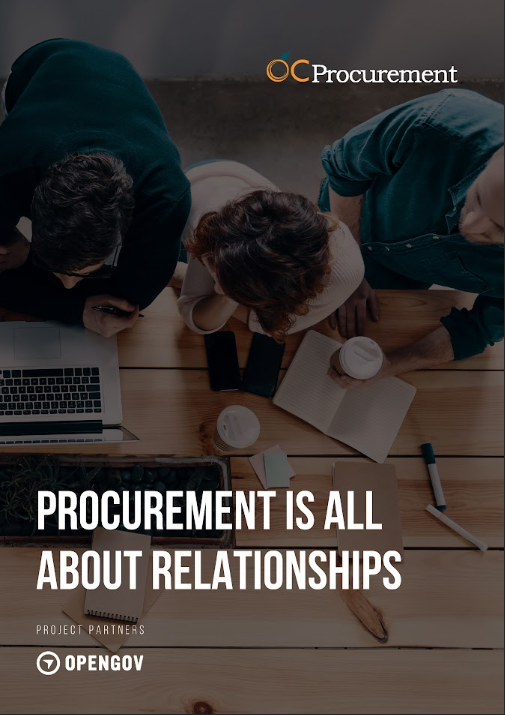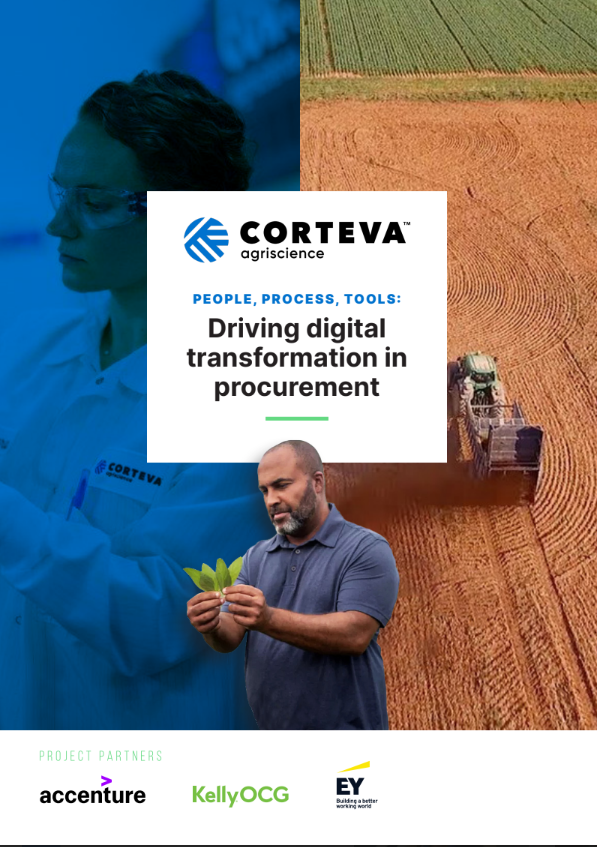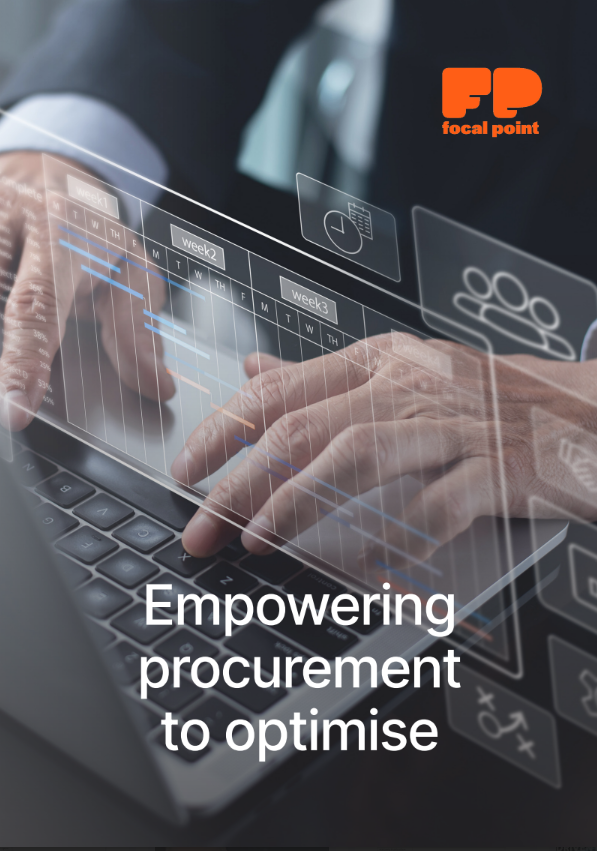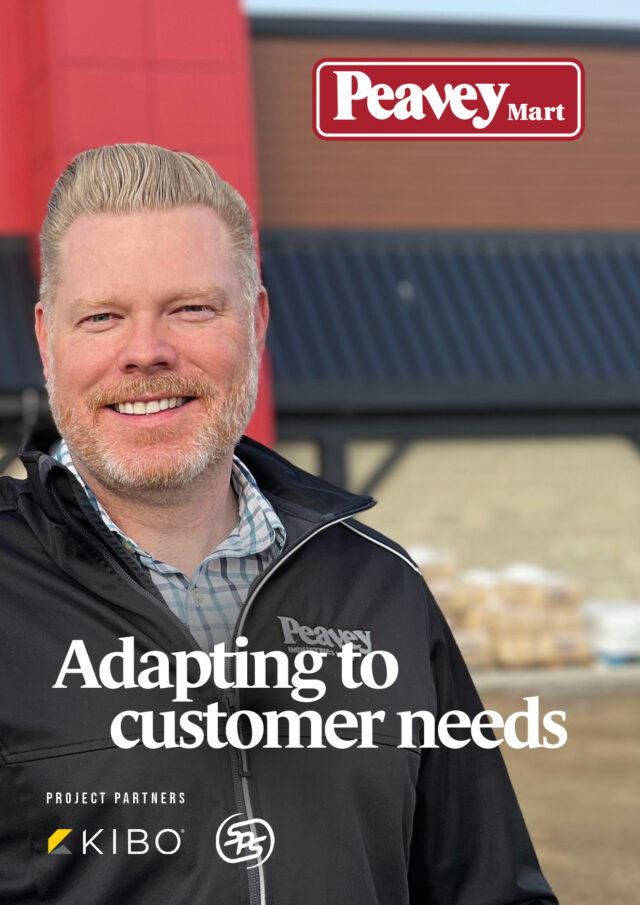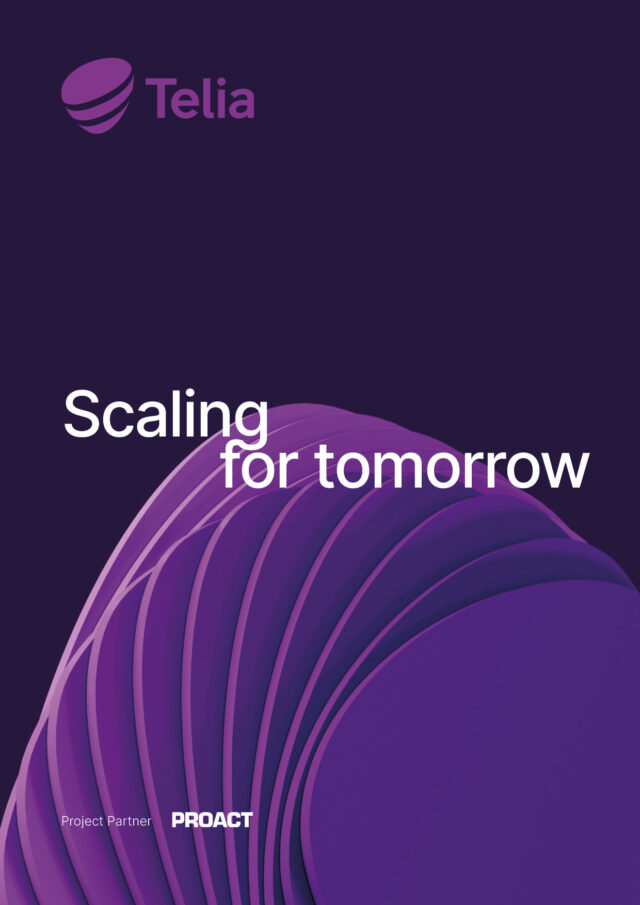carbmee means carbon excellence for complex supply chains.
It is the carbon management solution for automotive, manufacturing, chemical, pharmaceuticals, medtech, hi-tech, logistics, and FMCG industries. Whether to assess emissions holistically throughout the entire company, product or suppliers, carbmee EIS™ platform can create the transparency required for uncovering optimal emissions reduction potential and at the same time, stay compliant with upcoming regulations like CBAM.
carbmee’s journey
Christian Heinrich has been the Co-Founder at the organisation since January 2021. While some executives end up in procurement and supply chain by mistake, for Heinrich he affirms it was “always” the industry for him. As far as he’s concerned, collaboration is a big piece of the puzzle and Heinrich points to his diverse experience in a range of different industries and sectors which have helped him along the way to forming carbmee.

“This was actually one of the reasons my co-founder Robin Spickers asked me to leverage my supply chain knowledge,” he says. “Robin had expertise in sustainability areas like Product LifeCycle Assessments and I had that in procurement and supply chain. We connected together and created carbmee to have scope 1, 2 and 3 solutions for carbon accounting and carbon reduction, which also combines the lifecycle analysis.”
Scope 1, 2 and 3 emissions is a way of categorising the different kinds of carbon emissions a company creates within its own operations and wider value chain. Scope 1 emissions cover the Greenhouse Gas (GHG) emissions that a company directly makes, for example running its boilers and vehicles. While Scope 2 emissions is what a firm makes indirectly, such as the electricity or energy it buys for heating and cooling buildings is being produced on its behalf. Finally, scope 3 emissions is all the emissions that the organisation is indirectly responsible for across its value chain.
Inside the carbmee EIS™ solution
The beginning of carbmee’s story started with managing scope 3 complexity before extending into scope 1 and scope 2. “I wouldn’t say scope 1 and 2 is easy but it is easier to measure, whereas scope 3 is indirect emissions,” he discusses. “You need to have a calculation engine, an algorithm behind your software which is automatically calculating the footprints while also giving recommendations for reductions.”
With carbmee EIS™ platform, enterprises save time and resources by cutting down process costs by 94%. There is also fast carbon transparency achieving a scope 1, 2, and 3 emissions precision by streamlining data (primary and secondary) from diverse sources and seamlessly integrating through a customer’s ERP. Its all-in-one platform combines carbon accounting, product carbon footprints (LCA) and supply chain emissions (scope 3) in one integrated system in order to centralise complex data streams. This allows companies to do carbon accounting, product carbon footprints and supply chain emission reduction in one system. It has reliable supplier engagement to build trust and accountability with extensive supplier networks through transparent communication, procurement management and complaint handling.
Through precision, carbmee’s customers can grow according to their requirements using spend-based, activity-based and supplier-specific calculation methodologies. The platform offers flexibility to create value without complexity by integrating customer’s enterprise systems and other applications in a single intuitive software.
